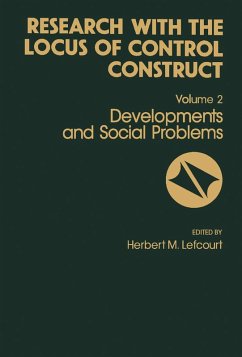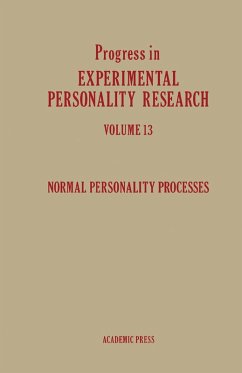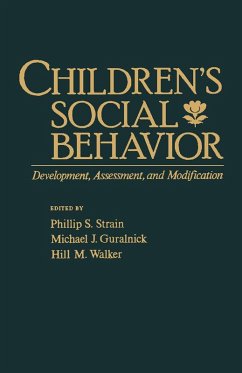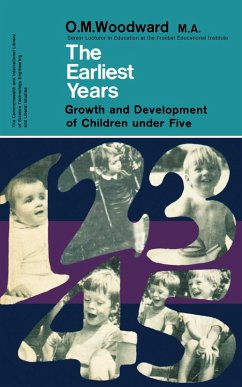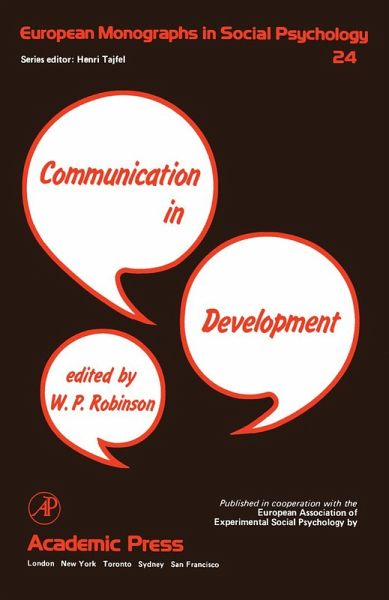
Communication in Development (eBook, PDF)

PAYBACK Punkte
20 °P sammeln!
Communication in Development is composed of papers derived from two sources. An International Conference on Social Psychology and Language was held in Bristol in July 1979. Considerations of space rather than merit prevented some of the papers, given in supplementary sessions on language development, from being published in the proceedings. These papers are published in this volume. Also included are recent and hitherto unpublished papers from European researchers working in the field of language and cognitive development. The contents of this volume range from the early non-verbal communicati...
Communication in Development is composed of papers derived from two sources. An International Conference on Social Psychology and Language was held in Bristol in July 1979. Considerations of space rather than merit prevented some of the papers, given in supplementary sessions on language development, from being published in the proceedings. These papers are published in this volume. Also included are recent and hitherto unpublished papers from European researchers working in the field of language and cognitive development. The contents of this volume range from the early non-verbal communication to the emergence of the child's understanding about referential communication, and to between and within socio-economic status differences in maternal and child behavior. The kinds of verbal and non-verbal experience that promote intellectual development are considered within the frames of both observed changes within children and cross-sectional studies of individual differences in mother-child interaction. The idea that the child's performance is context sensitive is one of the general ideas that has been taken increasingly into account. Two chapters pay close attention to this issue; both treat it as a challenge to experimental and theoretical ingenuity, recognizing that the child is an active participant in situations where he is observed and that the challenge is to divine the principles regulating the child's behavior.
Dieser Download kann aus rechtlichen Gründen nur mit Rechnungsadresse in A, B, BG, CY, CZ, D, DK, EW, E, FIN, F, GR, HR, H, IRL, I, LT, L, LR, M, NL, PL, P, R, S, SLO, SK ausgeliefert werden.




